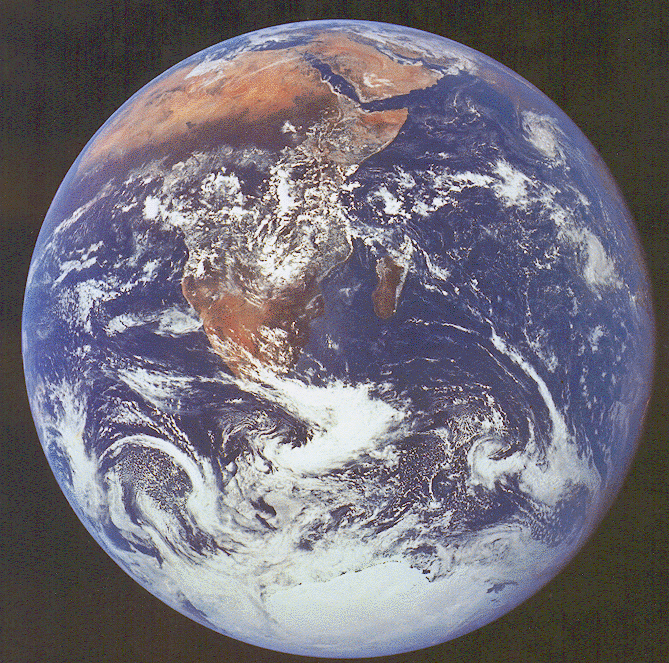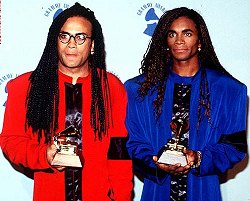I was in and out of my car all day, running errands and hearing snippets about the confirmation hearings for Robert Gates to be Secretary of Defense. The language of both the questions and the answers had to do with winning and losing, with force and power, and with doing something quickly. After all, it’s only two years until the next election. At different points during the day, I heard news reports of more deaths in Iraq, both Iraqi and American. In three years of combat we’ve mostly left that country blind and toothless.
But there was another wind of words blowing my way today bringing a different message. Ela Gandhi, granddaughter of Mohandas Gandhi, was interviewed on On Point about her work in South Africa, where she runs a paper supporting nonviolence and sustainable development. The interviewer asked if her grandfather’s belief in nonviolence as a means to peace and progress had any currency today. (I don’t think the question was intended to be a soft ball; I think the interviewer wasn’t real sure Ms. Gandhi had a good grasp on the reality of life in the twenty-first century.) Gandhi replied,
For men to survive this century, [Gandhi’s] message of non-violence is the most relevant today.
She went on to talk about the patience required for peace, as well as the trust. She spoke of how her grandfather learned that ordinary people could grasp the concepts of nonviolence and passive resistance. Thousands of people stood their ground even as they were beaten down and their commitment to not retaliating won them their independence. Those who sat at the all-white lunch counters in the South, only to be dragged out and beaten, showed the same thing: the masses are capable of courage when they feel trusted and empowered.
As I drove, I tried to think of the last time I heard a significant discussion in church – any church – about how to be peacemakers. We talk about reaching people, serving people, what needs to be done, how the stewardship drive is going, how we get more people to come, and even what it means to be a follower of Jesus, but I don’t remember the last time the point of the gathering was to talk about how to be peacemakers: how do we wage peace in our families, our jobs, our churches, our world?
“His name will be called Prince of Peace,” Isaiah prophesied.
“Peace on earth,” sang the angels.
“Blessed are the peacemakers,” said Jesus.
God gives the “peace that passes all human understanding,” wrote Paul.
We’re talking a central theme of our faith here, yet we treat it too often as an anachronism. Peace was once upon a time, or is still yet to come. For now, gird your loins and get ready to fight. David Wilcox captures the image well in his song, “Good Man” (hear it here):
Let me apologize in advance
For the way my friend behaves
He’ll pick a fight and take a holy stance
He’s so proud that he’s so saved
I hope you don’t judge Jesus
By the things my friend will say
He holds a bible like a dagger
And he twists it just that way
He just loves conversation —
like a cat loves a bird
I guess he’s always been a good man —
in the worst sense of the word
The good knights went out to save the day
In the age of the crusades
A sharp sword on a tortured soul
They were sure the point was made
Any tool can be a weapon
If it’s used with that intent
The devil’s great at quoting scripture
And confusing what it meant
So all the evils done for Jesus —
it is a history so absurd
But there will always be a good man —
in the worst sense of the word
They ‘jacked a plane to make a sneak attack
They were trained to die in flames
Their last words were to God above
Just to praise His holy name
For all the terror and destruction
They felt no sense of shame
You gotta wonder why religion
Can make people so insane
But their devotion was unquestioned —
follow straight and never swerve
The devil always needs a good man —
in the worst sense of the word
As much as I would like to believe the guy in the song is a caricature, I’m afraid I know him all too well. “Never trust a zealot with a clear conscience,” one of my friends used to say. Somewhere along the way, the church has too often concerned itself with being right over being faithful and that has led to, shall we say, a less than nonviolent approach to life and faith. While it’s easy to point fingers at Jerry Falwell and others who put both the “fun” and the “damn” in fundamentalist, they aren’t the only ones who feel compelled to defend the faith. We all have traces of blood on our hands.
I heard one other story today on NPR, which for the life of me I cannot find now. It was about the Abraham Path Initiative. I’ll let the ones who are doing it describe their goal:
The aim of the Abraham Path Initiative is to inspire and assist the opening of a route for tourism and walking that retraces the footsteps of the Prophet Abraham.
The Abraham Path will link sites of historic and religious significance through the heart of the Middle East, from Urfa and Harran in Turkey, where Abraham first heard the call to “go forth,” to Abraham’s tomb in Hebron/Al Khalil. Along this itinerary of outstanding natural beauty and cultural interest, travelers will visit some of the most revered sites in the world — including the Holy Places in Jerusalem, the Ummayad Mosque in Damascus, and the Church of the Nativity in Bethlehem. The Path will eventually extend to encompass Abraham’s travels to and from Egypt, Iraq, and Saudi Arabia.
The Path will offer an experience of the spirit of Abraham — a journey through his legacy of faith, hospitality and respect.
The man I heard talking about it said the idea grew out of Abraham’s central role in Judaism, Christianity, and Islam. The organizers see walking the path as a way to understanding and to peace. For students or tourists to start in Turkey and wander through Syria, Jordan, Israel, and the Palestinian territories would mean negotiating quite a terrain of thought, theology, and culture. Abraham wandered those same roads wondering what God had to say to him; we, too, could walk and listen.
Many times, when I talk about being peacemakers, someone will tell me I’m being idealistic, that I’m not dealing with reality. Why have we allowed ourselves to believe the lie that says war is more likely than peace? Why does it make more sense to talk about how to bomb people into submission than it is to learn how to walk together and talk to each other?
Peace takes patience, persistence, and a willingness, as Ela Gandhi said, to believe that there are things worth dying for but not worth killing for.
Blessed are the peacemakers . . .
One day, I want that sentence to be about me.
Peace,
Milton












